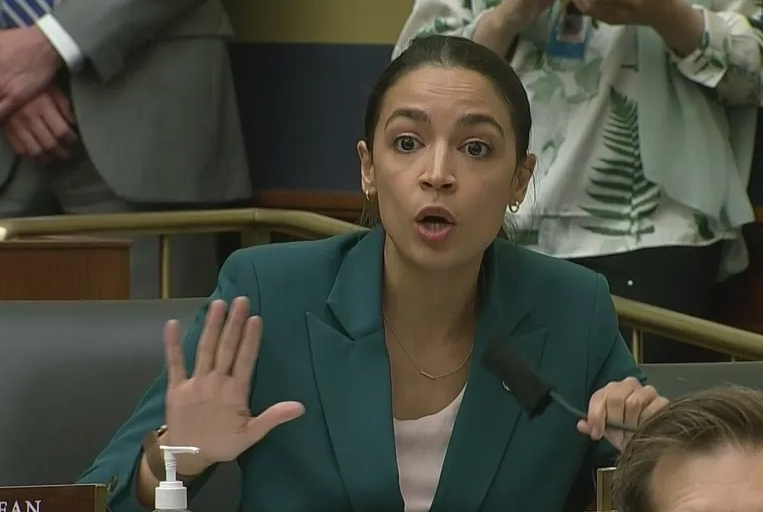Robert Pondiscio writes for Commentary magazine about the continual negative messages pumped to millions of American school kids.
By any reasonable measure, the world is safer and more stable than at any time in living memory. Adults could hardly be more active in children’s lives, but at the same time we seem less inclined to play a reassuring role. This is particularly true in schools, where curricula and school culture seem nearly to revel in the bad and the broken, suggesting to children that they have suffered the great misfortune to have been born into a country that is racist to its core, whose founding documents were lies when written, and where democracy is hanging by a thread. Not that it matters, since we are just a few short years away from irreversible climate catastrophe, all but certain to render the world a spent and burned-out husk by the time they are grown. Neither is it a given that American children will internalize the idea that their country is a force for good in the world or an engine of freedom and prosperity. In fact, quite the opposite.
Forget adult competence. Children are told, sometimes explicitly in school and in the broader culture, that the world is counting on them for deliverance from problems grown-ups heedlessly created and have proven incapable of solving. In 2019, Time magazine named 16-year-old climate activist Greta Thunberg the youngest “person of the year” in its history. A group of Parkland, Florida, high-school gun-control activists topped the magazine’s list of the world’s most influential people. The article praising their efforts was written by Barack Obama.
Worst of all, this pedagogy of the depressed—America the Problematic—is thought to be a virtue among professional educators who view it as a mark of seriousness and sophistication.

